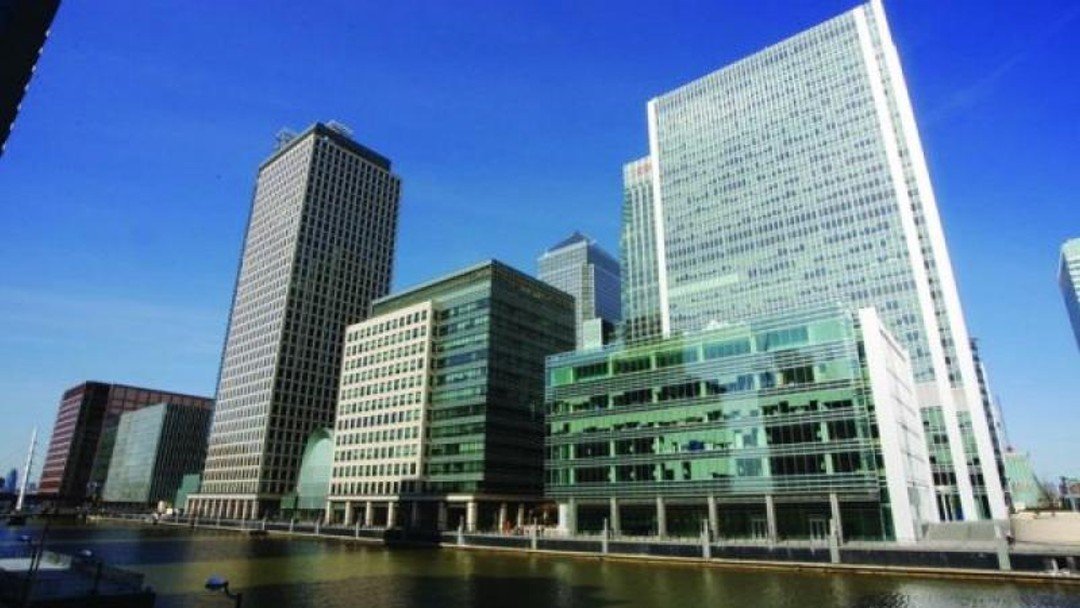Non-EEA lawyers earning millions for UK legal sector every year

Law Society says capital's reputation for legal excellence is under threat from migration rules
International law firms that are based in the UK must be able to recruit lawyers from outside the European Economic Area (EEA) if London is to retain its standing as a global centre of legal excellence.
Responding to a call for evidence from the Migration Advisory Committee (MAC) on how to reduce skilled worker migration to these shores, the Law Society has argued that firms' ability to recruit expert employees from across the globe is key to taking advantage of lucrative emerging markets.
Law Society president Jonathan Smithers commented: 'The legal services sector makes a significant contribution to the UK economy, reaching £22.6bn in 2013, which equates to 1.6 per cent of UK GDP. Much of the sector's economic value is generated by international law firms operating in a competitive global marketplace.
'These firms advise on complex deals spanning multiple jurisdictions and to do this they must be able to recruit and deploy teams of lawyers across the world. International employees bring local expertise that is by definition not available in the UK labour market.'
The society's response was informed by evidence from City firms Allen & Overy, Clifford Chance, CMS Cameron McKenna, Freshfields, Herbert Smith Freehills, Linklaters, and White & Case.
In its response the society said: 'Skilled migrants are generating significant revenues. One firm told us that its London-based associates who currently hold a tier 2 visa generated revenue in excess of £26m in financial year 2014/15 for the London office. Including trainees and partners who hold visas, recovered revenue for 2014/15 was over £34m.'
The representative body for solicitors in England Wales said that salary levels were a practical way of identifying expert workers as they reflect market shortages in the available skills supply, economic value of work being done, and skills utilised.
The Law Society added it was economically vital for the UK to remain the leading global centre for the provision of international legal services and dispute resolution, and that rules which would inhibit firms recruiting from outside the EEA would not preserve jobs for UK/EEA nationals.
Instead, such rules risk legal work being relocated by firms to offices outside the UK or the loss of that work to a competing jurisdiction.
In 2011 the government introduced an immigration cap limiting the number of non-EEA migrants who can live and work in the UK. The cap applies to tier 2 general visa applications submitted from outside the UK, excluding roles paying above £155,300.
For the last four years, UK firms have not been impacted by the cap. This changed, however, on 11 June when the cap was exceeded, resulting in a large number of firms being unable to obtain visas for lawyers they wanted to hire.
These rules have also had an effect on firms undertaking annual 'milk round' recruitment of trainee solicitors.
In a recent SJ immigration update, Rajiv Naik, a senior associate at Fragomen, said: 'Has this fundamentally changed the way firms will have to recruit overseas lawyers and also recruit their trainees? Perhaps, but it is too early to tell.
'One thing is certain, however: things will continue to get tighter as the UK government reaffirms its commitment to reduce net migration into the UK, so we are almost certainly going to see a number of changes over the next few years.'

John van der Luit-Drummond is deputy editor for Solicitors Journal
john.vanderluit@solicitorsjournal.co.uk | @JvdLD
